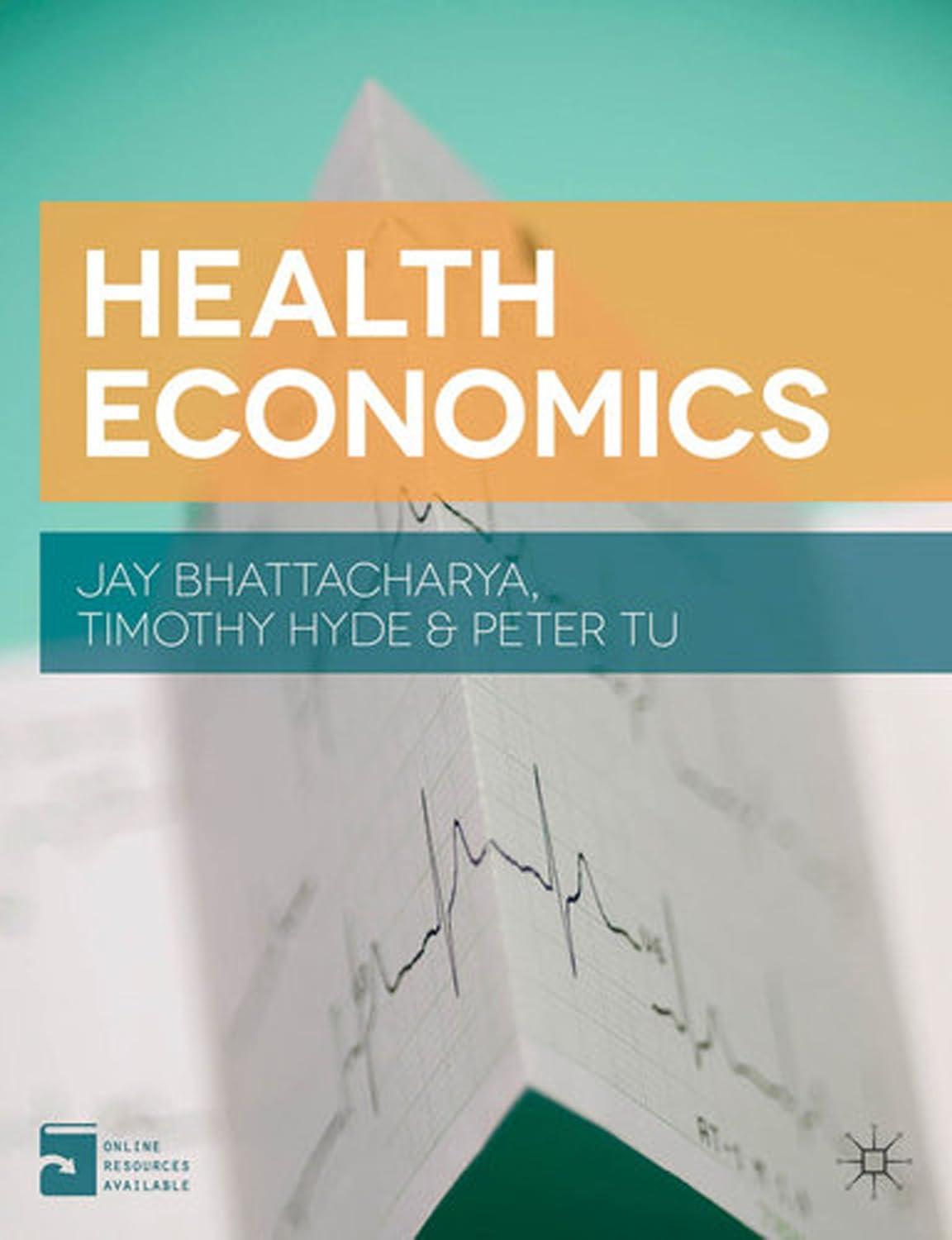Below is the abstract of a recent National Bureau of Economic Research working paper entitled Can governments
Question:
Below is the abstract of a recent National Bureau of Economic Research working paper entitled “Can governments do it better? Merger mania and hospital outcomes in the English NHS” by Martin Gaynor, Mauro Laudicella, and Carol Propper (2011).
The literature on mergers between private hospitals suggests that such mergers often produce little benefit. Despite this, the UK government has pursued an active policy of hospital mergers. These mergers are initiated by a regulator, acting on behalf of the public, and justified on the grounds that merger will improve outcomes. We examine whether this promise is met. We exploit the fact that between 1997 and 2006 in England around half the short term general hospitals were involved in a merger, but that politics means that selection for a merger may be random with respect to future performance. We examine the impact of mergers on a large set of outcomes including financial performance, productivity, waiting times and clinical quality and find little evidence that mergers achieved gains other than a reduction in activity. In addition, mergers reduce the scope for competition between hospitals.
a. In the UK, most hospitals are owned by the government, rather than privately held.
In a setting where most hospitals are not owned by the government (such as in the US), what effect do you predict that hospital mergers would have on the price of hospital care?
b. Can you think of reasons why hospital mergers might lead to improvements in the quality of care for a given level of inputs (which is one measure of hospital productivity)?
c. How might the fact that a hospital is run by the government in the UK change your prediction about the effect of hospital mergers on productivity?
Step by Step Answer:






